Samsung's mobile browser is jumping to bigger screens, and it is bringing some compelling features along for the ride. The company is rolling out a comprehensive desktop version that blends cross-device functionality with artificial intelligence capabilities, as reported by The Verge. It is a big swing for a browser that has served mobile users for over a decade. The desktop release also adds cross-platform synchronization so you can move between phone and computer without losing your place.
The move matters. Samsung Internet has hundreds of millions of users worldwide and sits as the fourth largest mobile browser, according to TechBuzz. That base now gets a single, stitched-together experience that feels less like parity and more like ecosystem strategy.
What's driving Samsung's desktop expansion?
Samsung's desktop push is not just a checklist of features; it is an ecosystem play. The browser runs on Windows 11 and Windows 10, including ARM-powered machines. The company tried a Windows version in late 2023, then pulled it quickly. This time feels more measured, more finished, more deliberate.
The pain point is familiar. You start planning a trip on your phone, head to a laptop later, and the thread snaps. Tabs, scroll position, half-filled forms, gone. That is the friction Samsung is trying to sand down.
The timing lines up with a broader device strategy that spans phones, tablets, laptops, AR or VR headsets, and smart TVs, with a clear emphasis on cross-device integration. A desktop browser slots in neatly, one more reason to stay inside the Galaxy family.
Galaxy AI integration: More than just browsing
The headliner is Galaxy AI via Browsing Assist. You can instantly summarize long pages and translate content without breaking your flow. These features require signing in with a Samsung account so they follow you across devices. Samsung frames this as a shift from a traditional browser to an AI layer that anticipates what you need next.
The company also talks about ambient AI, intelligence that helps without you asking every time. That flips the script, from tools that wait for input to ones that quietly move your goals forward.
If it works, daily workflows change. A browser that learns your patterns can reshape how you research, shop, work, and communicate, trimming cognitive load and repetitive tasks. Big promise, big questions. Data flow, privacy, and architecture will need clear answers and real transparency.
Cross-device synchronization that actually works
Sync goes beyond basic bookmarks. You can pull in browsing history, saved passwords through Samsung Pass, and even resume the exact session when switching devices. The handoff feature can prompt you to continue where you left off, as long as both devices share a Samsung account with Wi-Fi and Bluetooth enabled.
In practice, that trip-planning session on your Galaxy phone at lunch can pop up on your Windows laptop later. Not just the same site, the same spot on the page, with that half-completed form ready to finish.
Data sync covers bookmarks, history, and Samsung Pass passwords in one place. The convenience is obvious, the stakes are high. A unified password vault needs secure storage, strong recovery, and protection that stands up to enterprise scrutiny.
Privacy and security features carry over
Samsung brings its privacy toolkit to PC. Smart Anti-Tracking blocks cookies and web trackers, and a Privacy Dashboard shows attempted trackers in real time. You still get Secret Mode for private browsing, Split View for side-by-side pages, support for Chrome Web Store extensions, and interface tweaks like dark mode and a sidebar for bookmarks and tools.
What sells the privacy story is the feedback you can see. Smart Anti-Tracking and the dashboard surface a running tally of blocked trackers, so the protection feels tangible. A daily count of 47 blocked attempts, for instance, lands harder than a generic promise.
What this means for the browser landscape
The beta is limited to users in the United States and South Korea for now, with broader availability planned later, as per reports. This desktop push puts Samsung in more direct competition with Chrome, Edge, and Firefox, leaning on ecosystem glue and privacy features to stand out.
Bottom line, Samsung is not just shipping another browser; it is staking out the next phase of the browser wars, where intelligence, integration, and privacy are the battlegrounds. The company seems to have taken notes from 2023, when early performance issues like laggy scrolling and spotty extension support led to a quick pullback.
If this launch sticks, it could kick off a new competitive phase where ecosystem fit and AI capabilities matter as much as speed and compatibility. For Galaxy users, the pitch is simple: seamless device integration with AI help baked in. For everyone else, the question is whether Samsung's privacy tools and AI tricks feel strong enough to pull you from a familiar browser.
The real test is execution. Samsung has the user base, the vision, and the infrastructure. Turning that into sustained market share against entrenched rivals will decide whether this desktop push is a footnote or a genuine shift in browser competition.





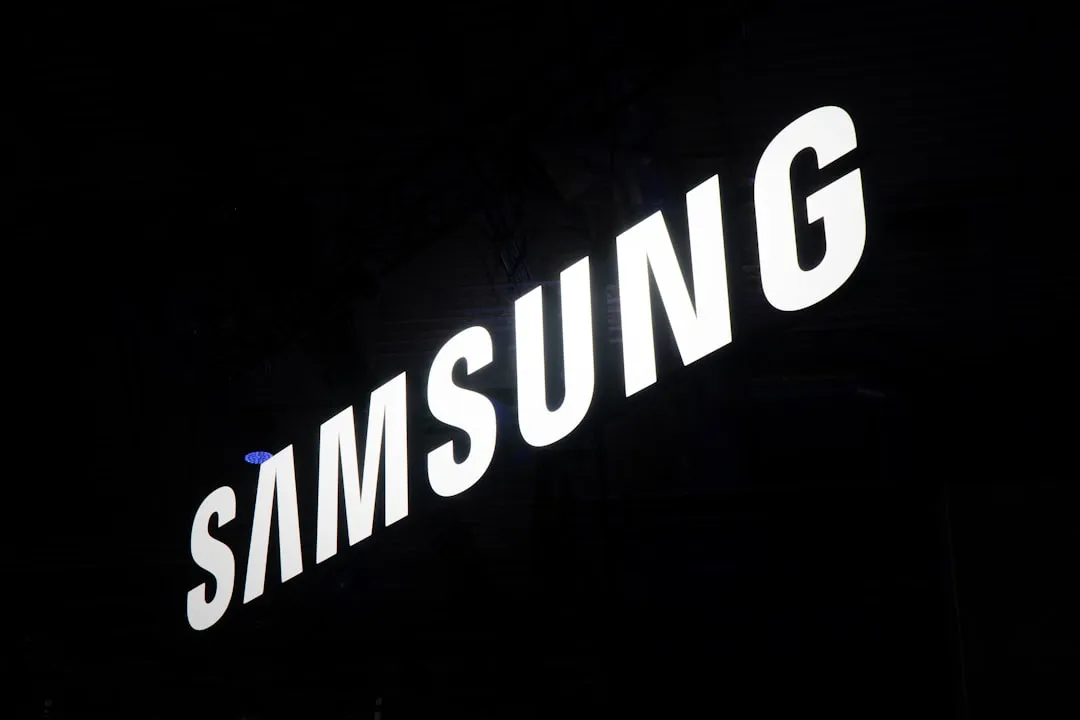
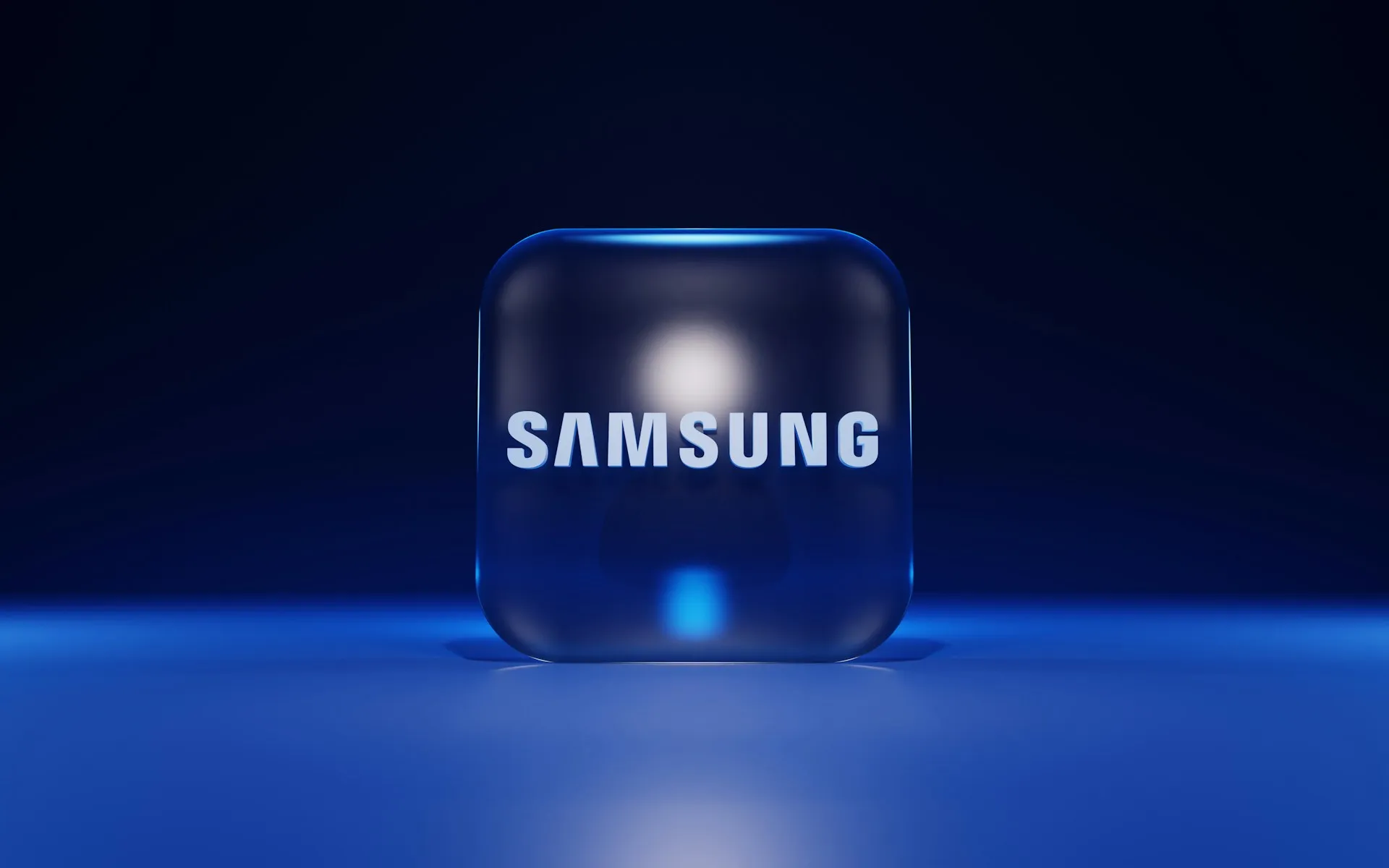
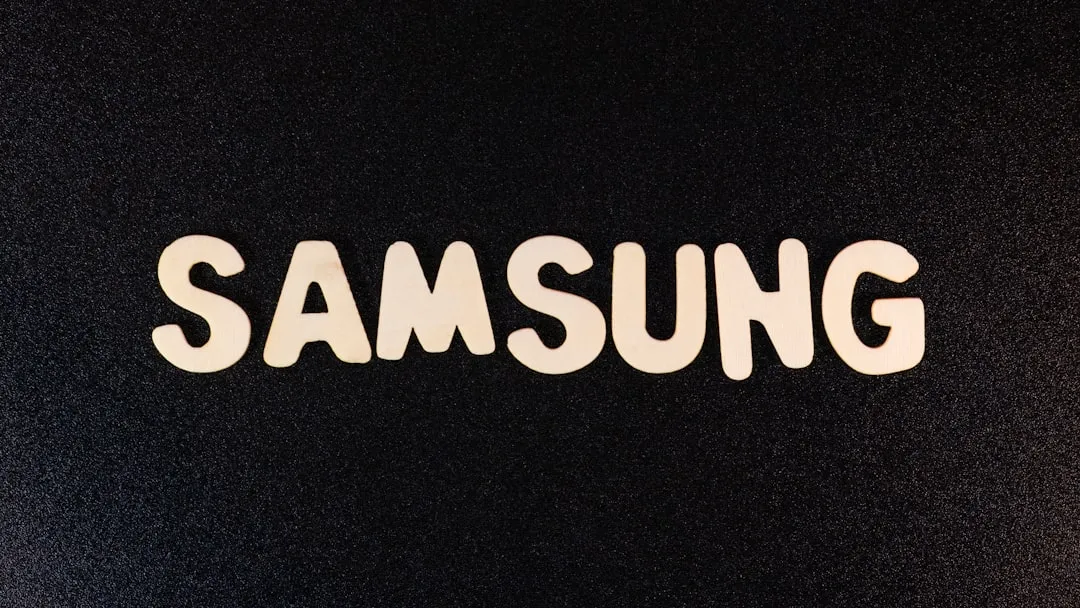
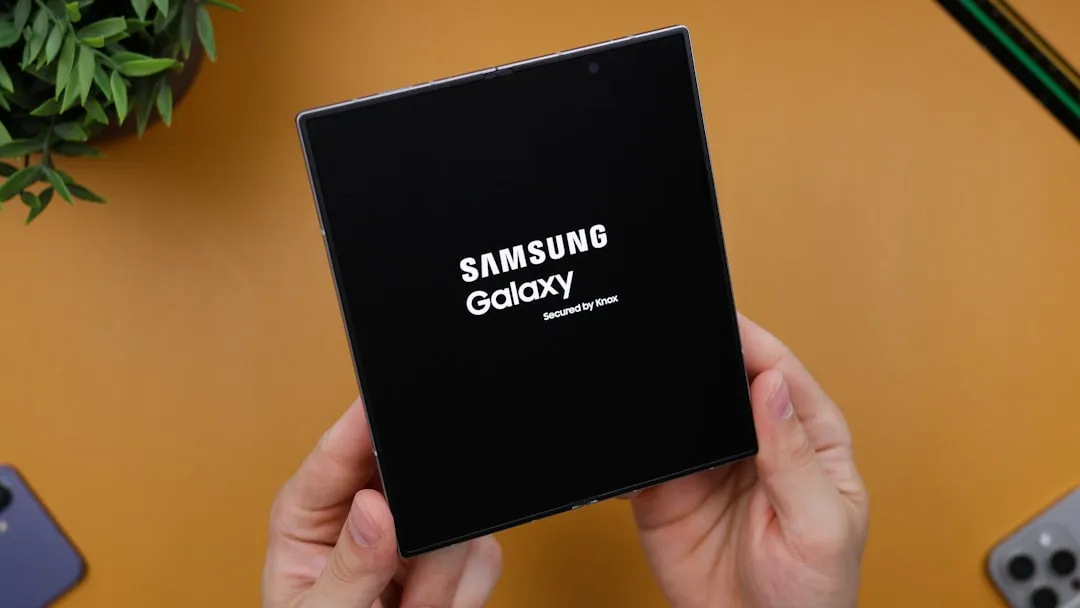
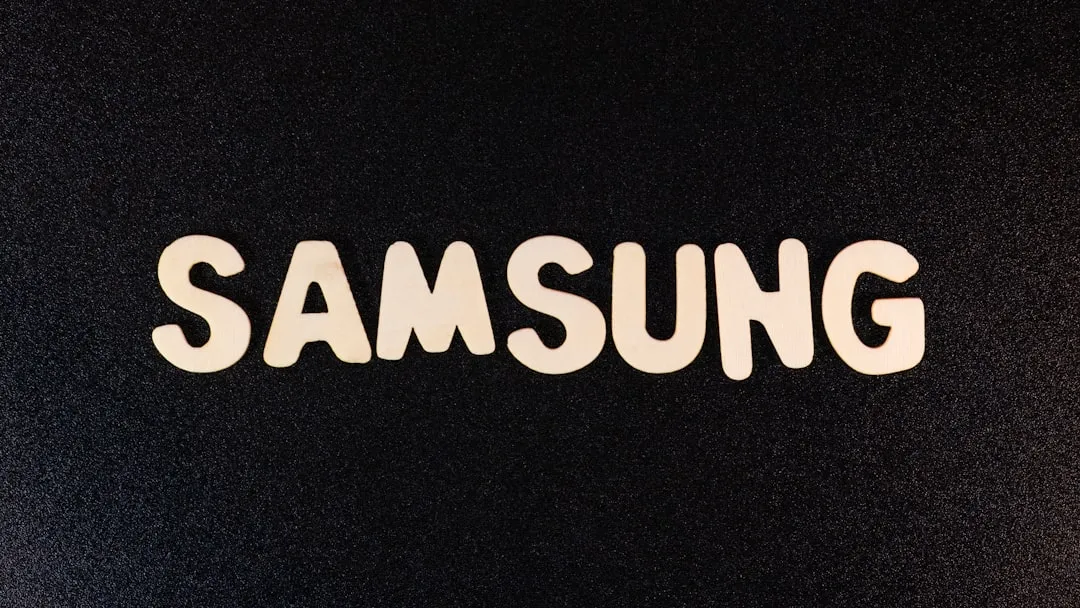
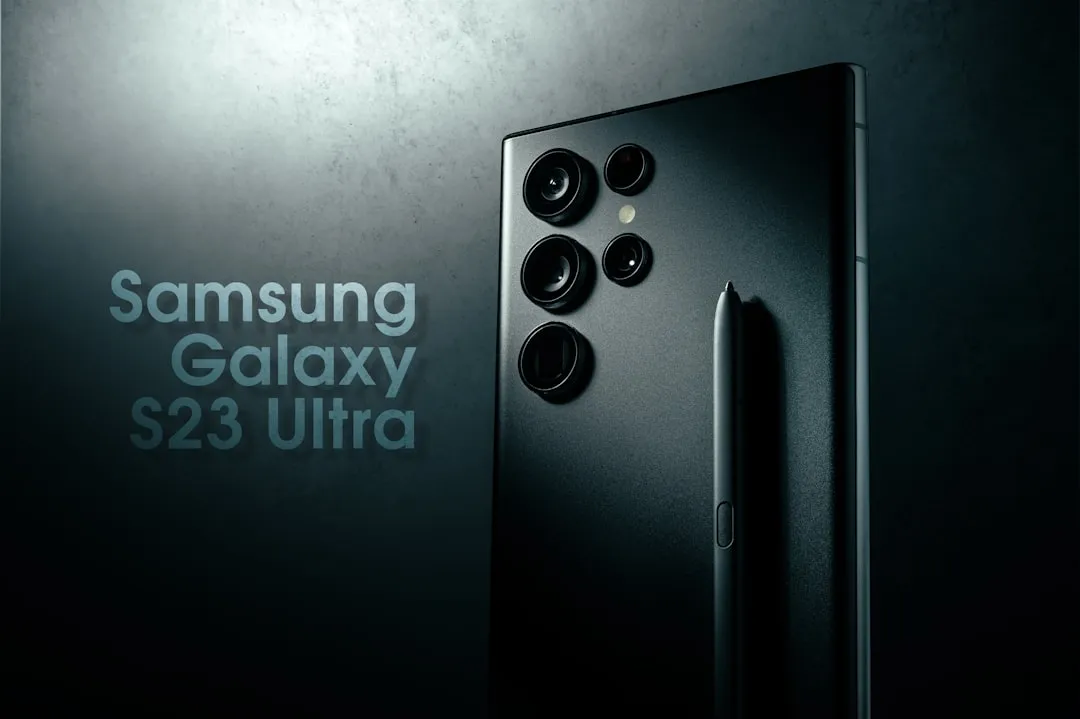




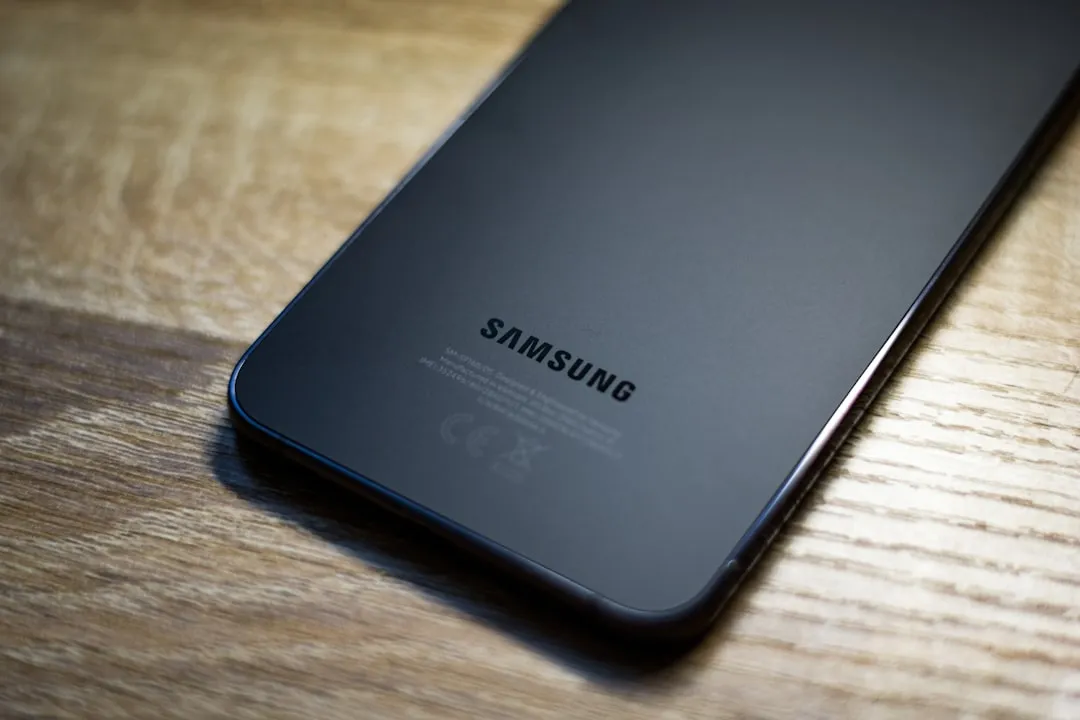
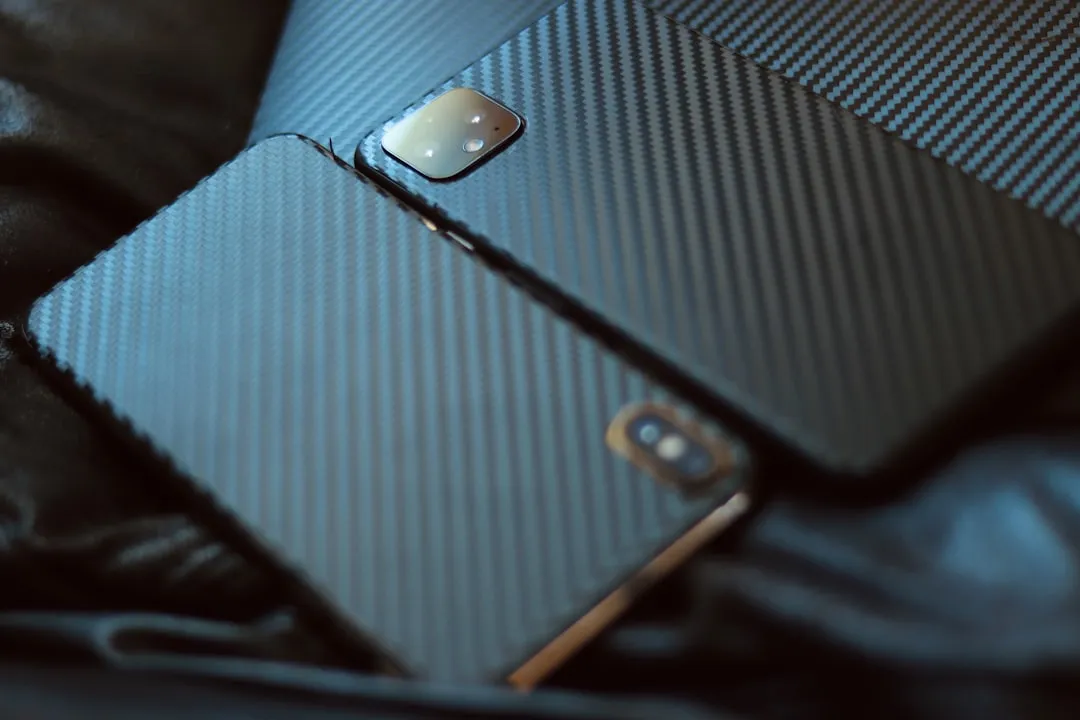

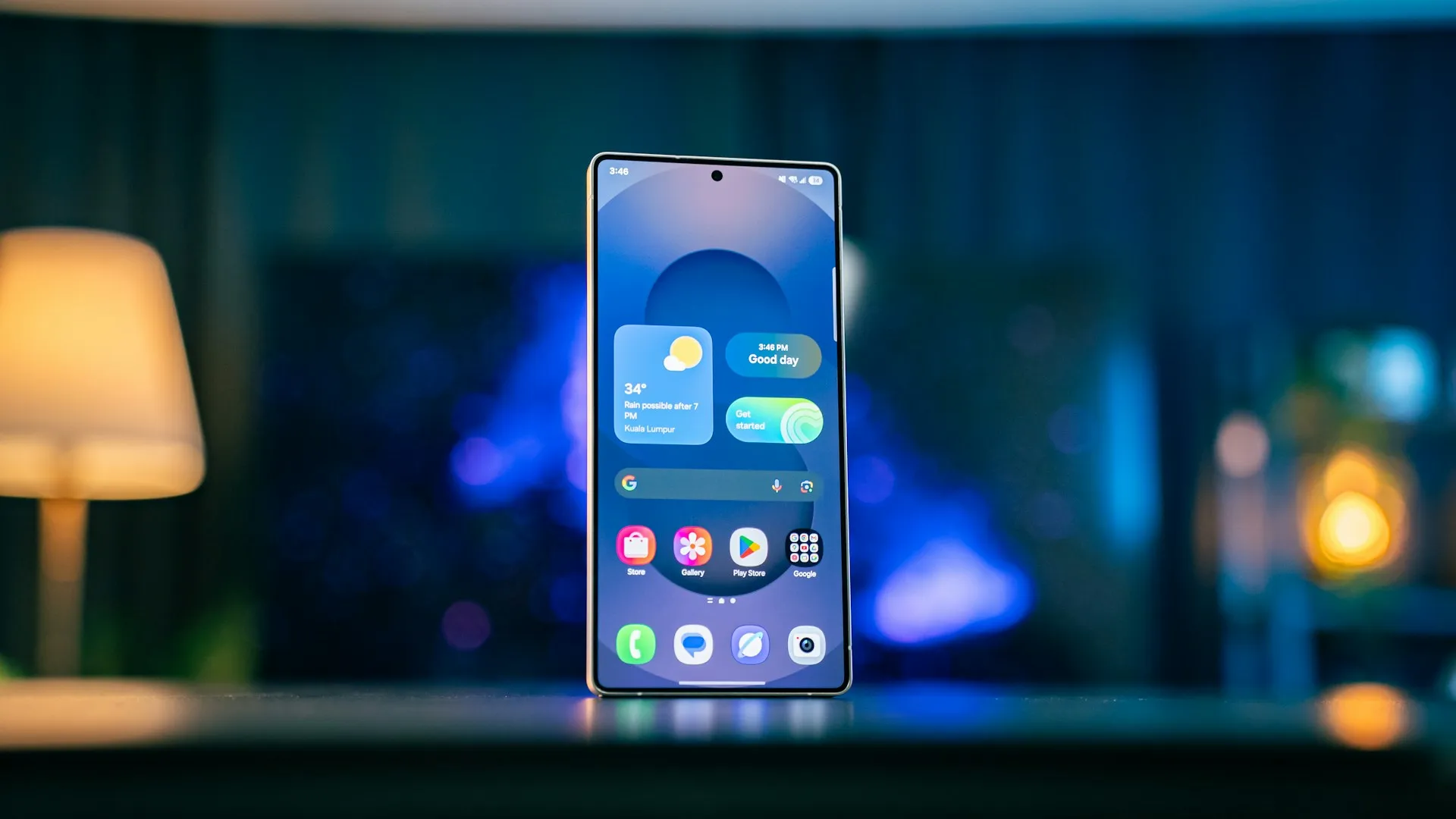
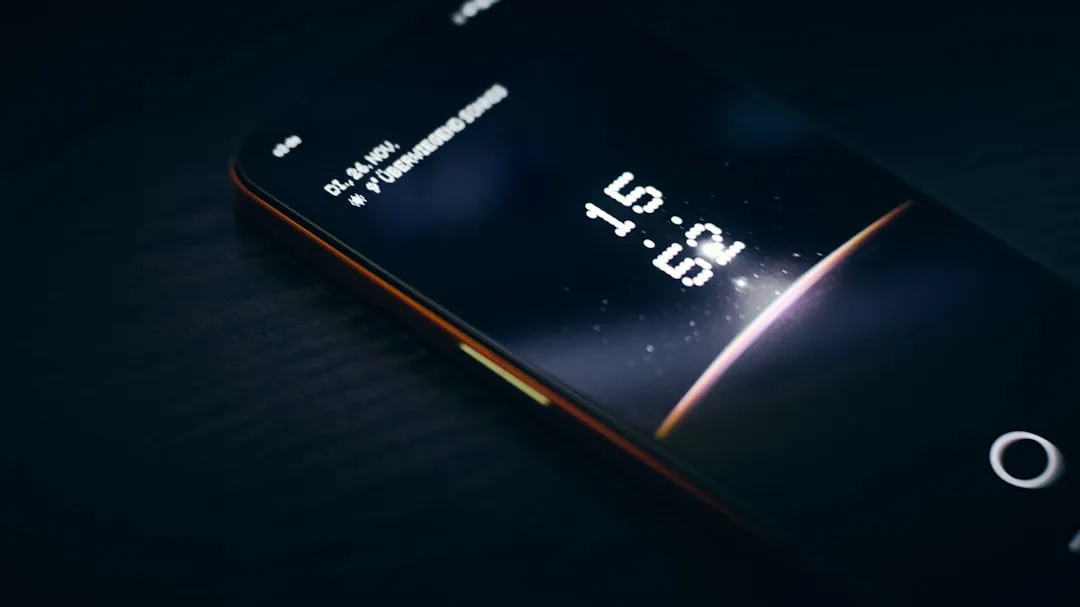

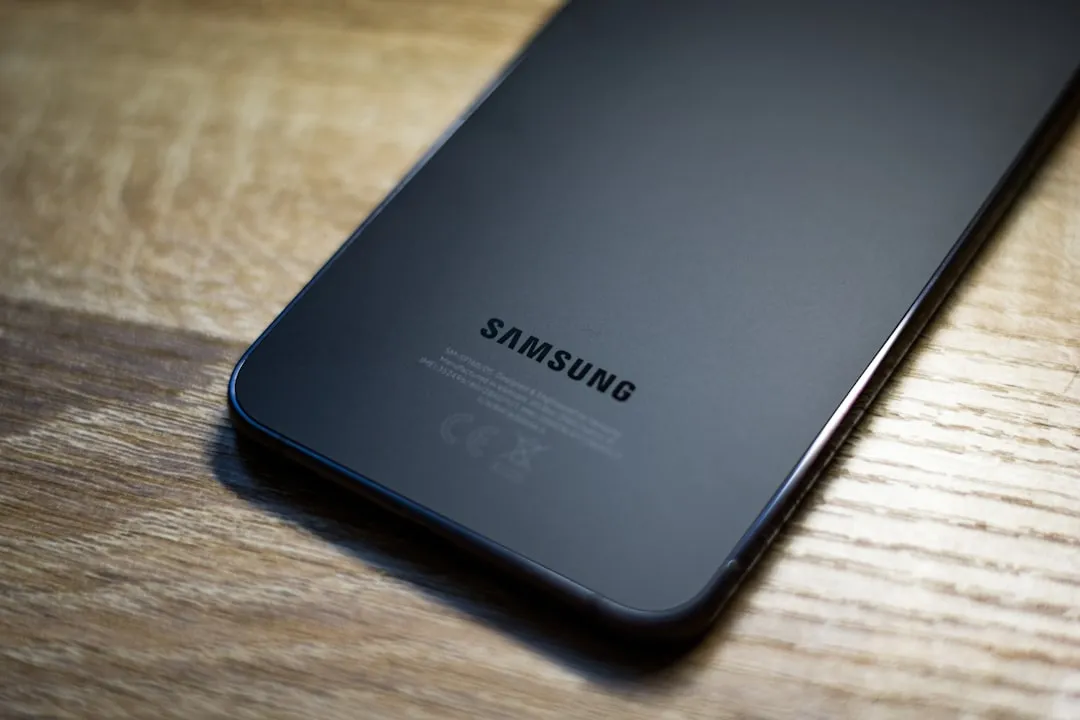
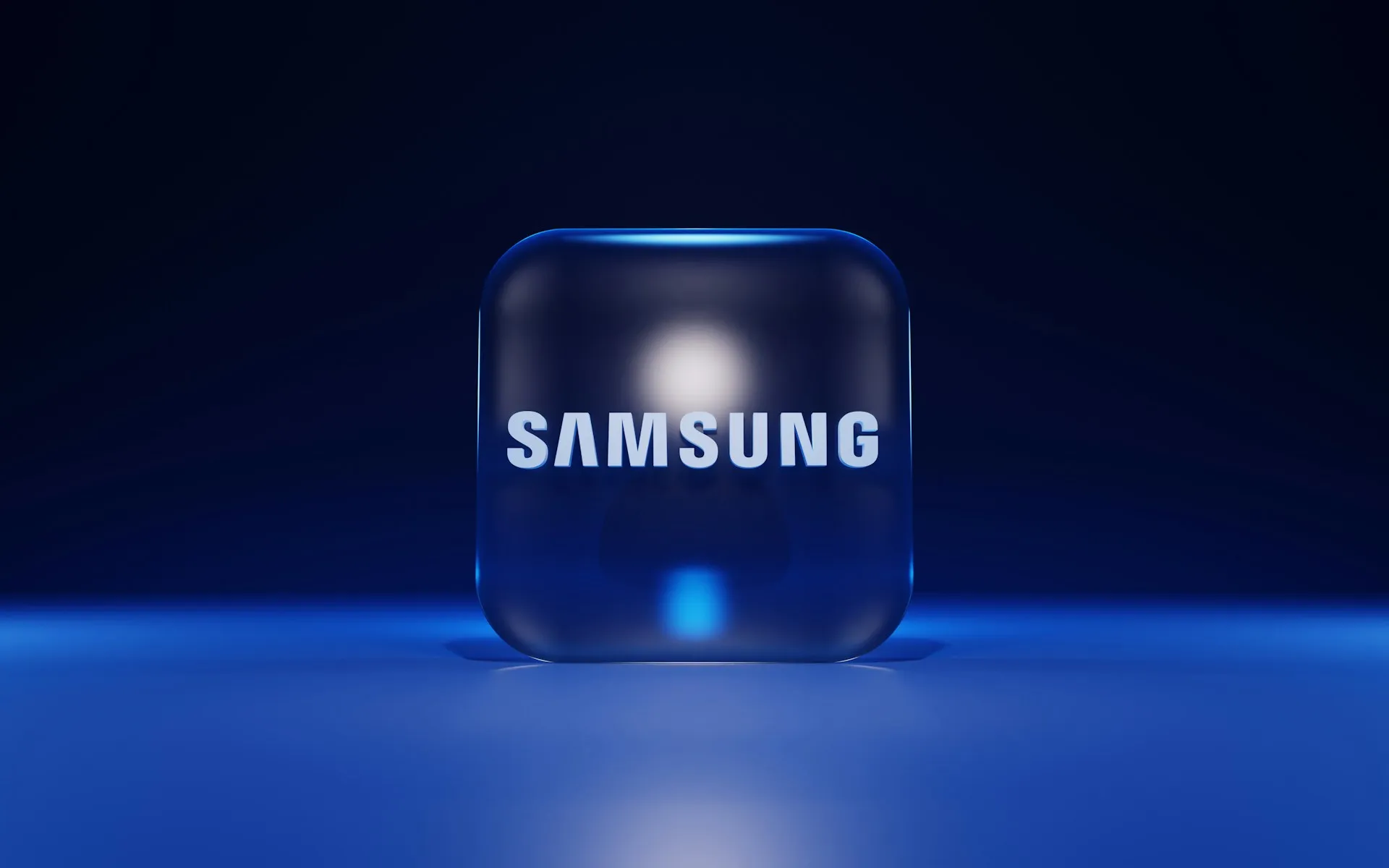

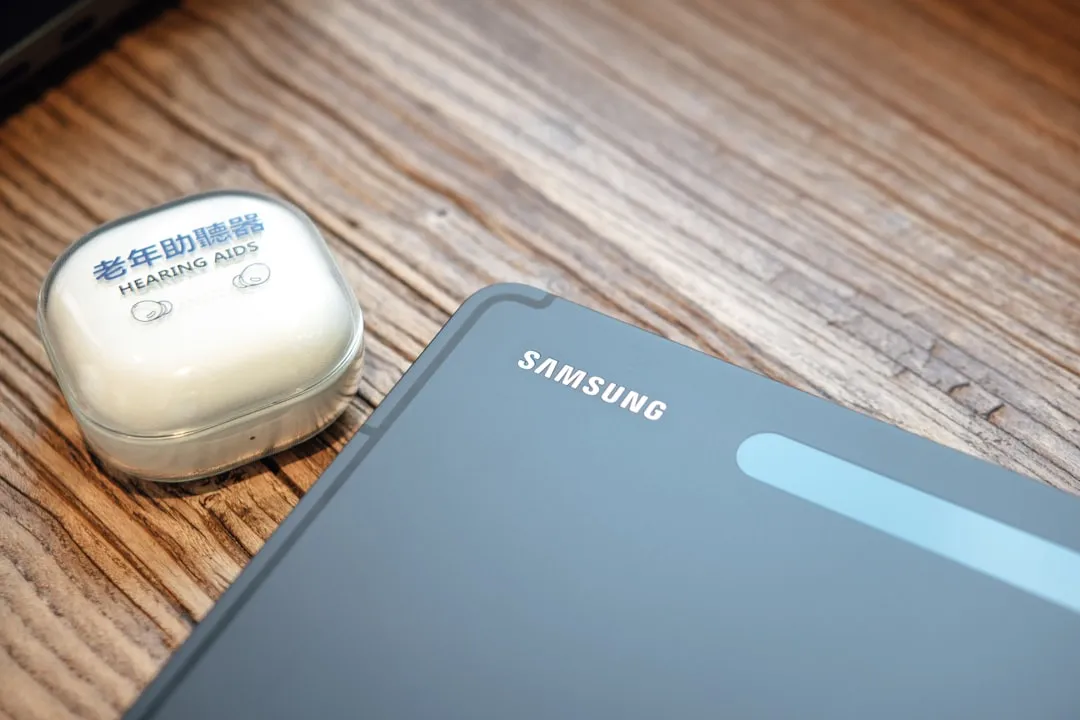
Comments
Be the first, drop a comment!